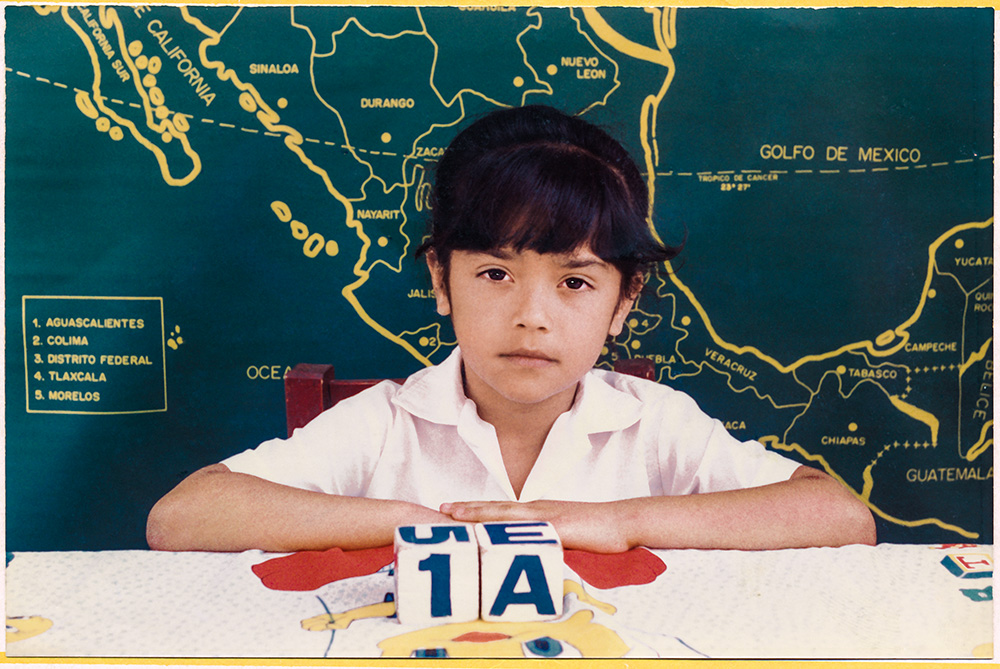On Nov. 30, 2016, the presidents of 27 U.S. Jesuit universities promised to “protect to the fullest extent of the law undocumented students” on their campuses and to promote the retention of the Deferred Action for Childhood Arrivals Program. Just weeks later, the U.S. Catholic Bishops Conference did the same. We asked an alumna who came to the United States as a 10-year-old with her parents to share her experiences and her hopes for her and her family’s future. To protect her from deportation, we are purposely withholding her identity.

I have lived in the United States for 20 years as of this past December. I am 29 years old. My parents made a decision to bring my family here in an emergency because my father’s mother, who lived in the United States, was gravely ill and had not seen her son for more than 20 years or met his family. At the age of 10, I just thought I was visiting my grandmother. Six months later, my grandmother passed away. After this terrible tragedy, I realized we were not going back to my little hometown in Veracruz, Mexico.
I learned to speak and write fluent English by 8th grade, and I was determined to excel in school. For survival, there was no other option. My parents struggled to provide the upbringing and education that most American children take for granted. In high school, I excelled in honors and AP courses and was fortunate to have dedicated, loving teachers who kept me on track to graduate and apply to college.
When it was time to fill out college applications, neither my parents nor I had a Social Security number. That meant that I could not apply for federal financial aid or grants. This did not stop me from going forward. I limited myself to three college applications because my parents could not afford more application fees. My great fortune in landing at LMU is due to a teacher who persuaded me to apply for the Social Justice Scholarship for undocumented students at LMU. Receiving my acceptance letter and phone call from LMU about my scholarship was like winning the lottery. It was a life-altering moment that I will remember and cherish forever.
In June 2012, President Barack Obama instituted the DACA (Deferred Action for Childhood Arrivals) policy. This was an extraordinary event in my life, providing me an opportunity to finally contribute and work in my field of study. I have renewed DACA twice and work as a professional in my field of engineering.
Being able to put my degree and education to work has been the most rewarding part of this journey. I now am able to contribute to our community and provide for my family. I have two small children, and I am the primary breadwinner for my family. This could all disappear if the DACA program is not continued by President Donald Trump. The thought of taking my family back to my home country has been on my mind for many years. Yet moving my U.S.-born children to what to them is a foreign country would be heartbreaking. In many ways, they would be forced to experience the same sort of displacement that I did as a child. They know the United States as their home. It is, indeed, their only home.
My work permit expires next year, and my family’s security and peace are at stake. Without a clear path to legalization for me, we will continue to live in limbo, not knowing when I will be targeted for deportation, as many families are now experiencing. My parents made a decision for me 20 years ago because they believed in their hearts they were providing me with a better life. The American Dream was their hope. Yet in the times in which we live, I am not certain this dream still exists for us.
I contribute to our society like any other citizen, yet I always feel I do not belong. I do not want to live in the shadows anymore. This is my country, I grew up here, I have made a family here, my husband is a U.S. citizen. We are good people. Why is it so difficult for politicians to come up with a way to keep families like mine together? Why is comprehensive immigration reform so elusive? My future, my marriage, my professional contributions and, most important, the future of my children are in the hands of the people who have the power to search for a humane solution. As I learned so well at LMU, we must all be committed to the promotion of justice, and this to me seems a very just cause.
